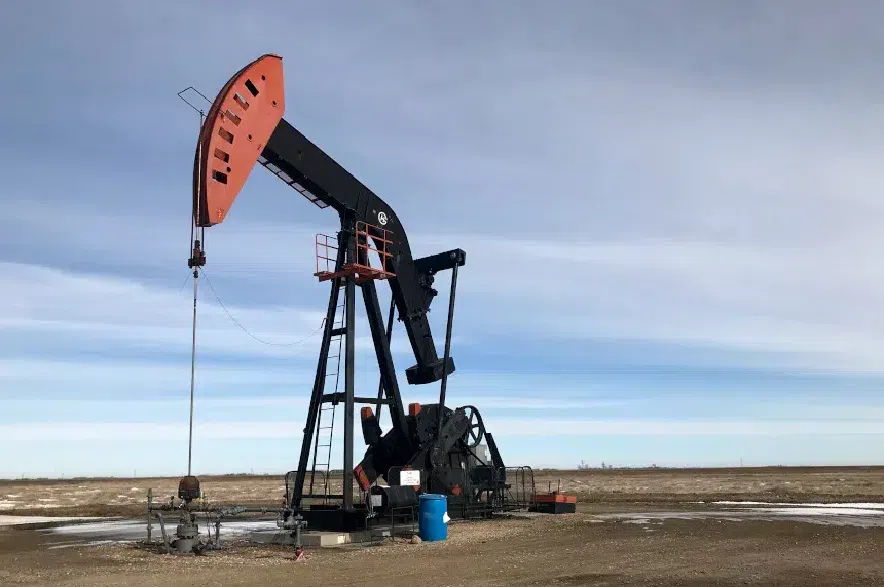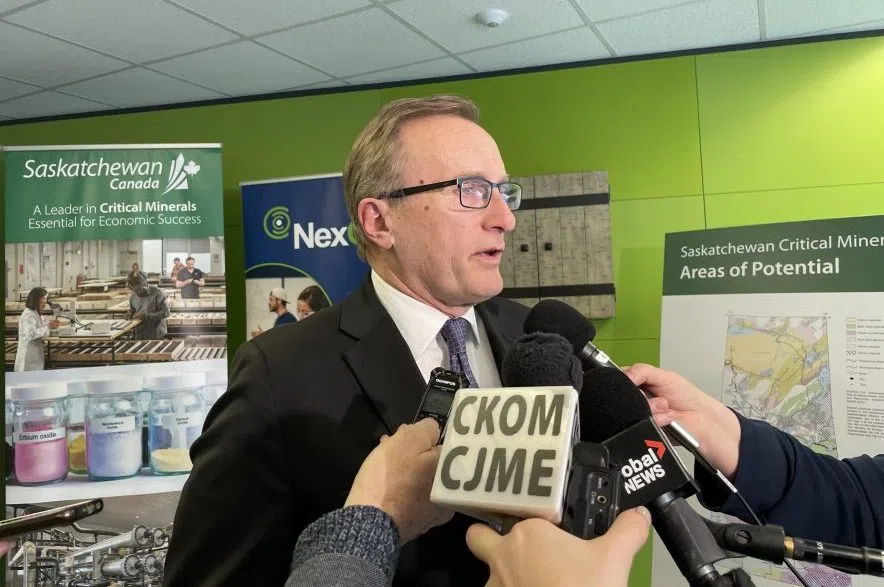The Government of Saskatchewan is condemning proposed federal regulations on the oil and gas industry, saying they would devastate the provincial economy and drop production by as much as 30 per cent.
The proposed regulations from Ottawa include an emissions cap for the oil and gas sector as the federal government moves to a cap-and-trade system. More details on that policy are expected when draft regulations are published this spring, and the final rules could be in place by 2025.
Additionally, Ottawa is proposing new methane policies for the oil and gas sector which would essentially ask the industry to eliminate venting and flaring in an effort to reduce greenhouse gas emissions.
Steven Guilbeault, Canada’s environment and climate change minister, has acknowledged that implementing the proposed rules will likely cost Canada’s oil and gas industry about $15 billion between 2027 and 2040, but said the measures will bring benefits like better air quality, improved public health and “an estimated $12 billion in avoided damages globally.”
While the province said methane emissions from Saskatchewan’s upstream oil facilities dropped by 70 per cent between 2015 and 2022, a 2023 study by researchers at Carleton University suggested the province’s oilpatch emits methane at a higher rate than almost anywhere else in North America.
Both of the proposed policies have previously been roundly criticized by Saskatchewan Premier Scott Moe, but the government recently made its opposition official in submissions to Environment and Climate Change Canada.
“These two policies have the potential to be devastating for our economy,” Jim Reiter, Saskatchewan’s energy and resources minister, said in a statement.
“Both amount to a production cap by default, and represent further instances of the federal government infringing on Saskatchewan’s constitutionally protected right to develop our natural resources.”
Energy and Resources Minister Jim Reiter speaks to media at NextGen Energy on March 27, 2023. (Libby Giesbrecht/650 CKOM)
The province said it performed an initial analysis which suggested complying with the emissions cap would cost the province’s oil and gas industry as much as $9 billion by 2030. Both policies together could see the province’s oil and gas production drop by 20 to 30 per cent, the government added.
“This would negatively impact communities across the province and significantly reduce employment, gross domestic product, and royalties and other tax revenues that fund critical public services,” the ministry noted.
Reiter was clear in his recommendation to Justin Trudeau’s government.
“We urge the federal government to scrap both policies, and instead focus on practical solutions that reduce emissions while supporting the oil and gas sector,” the minister added.
The provincial government said it’s problematic that Ottawa has no plans to apply similar rules to imported energy.
“The result will be increased reliance on oil and gas imported from countries that do not have strong environmental records, at the expense of domestic production and the associated economic benefits,” the ministry said.
Meanwhile, the Government of Saskatchewan is continuing its fight against the federal carbon tax by working to remove the charge from home heating bills.








